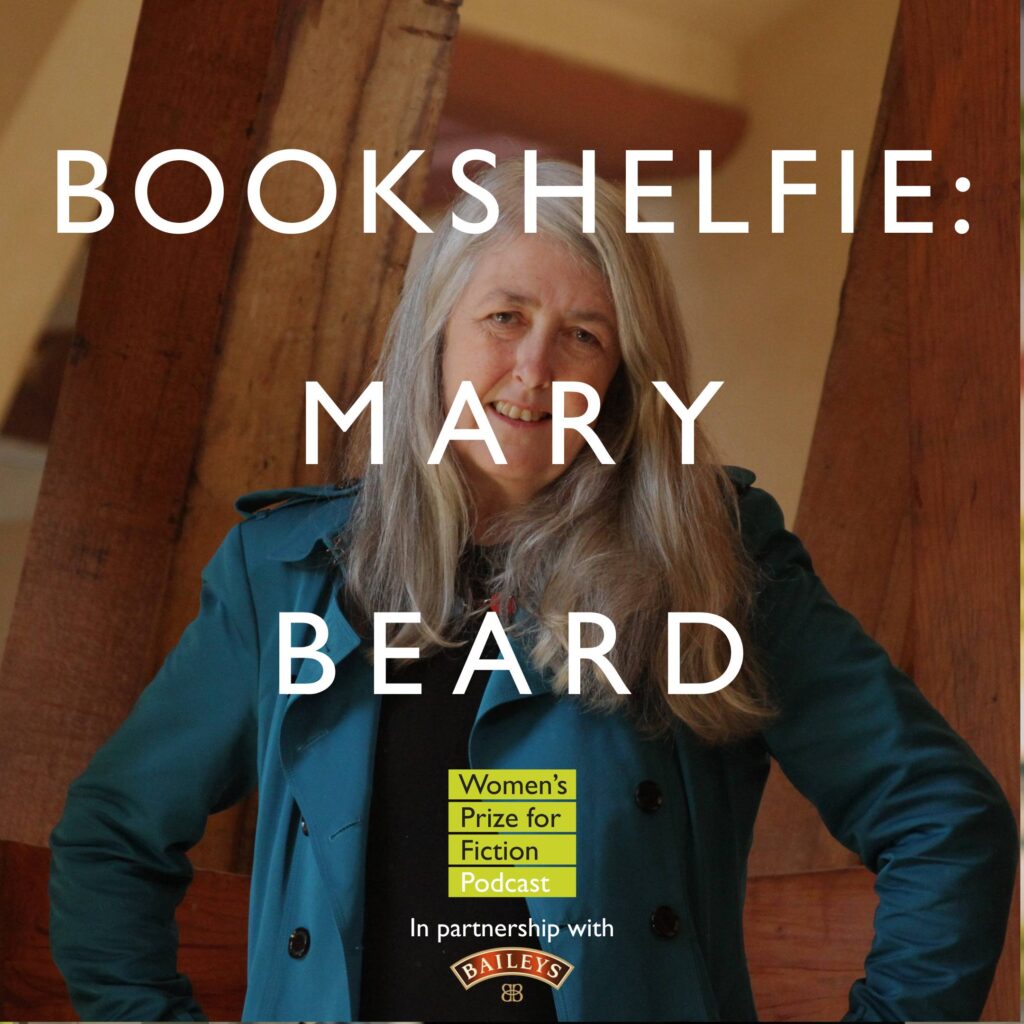Podcasts may be a modern invention, but the art of the spoken word has been around since the Ancient world, as we discover in this week’s Bookshelfie episode featuring author and classicist Mary Beard.
Mary joins Vick to discuss the powerful impact of children’s books, how ageing women are still fighting for their place, and how we may not remember the subject, but we will always remember the way a book made us feel. These topics may span centuries but are still just as relevant today as they were in 600BC Lesbos.
Check out the full episode here
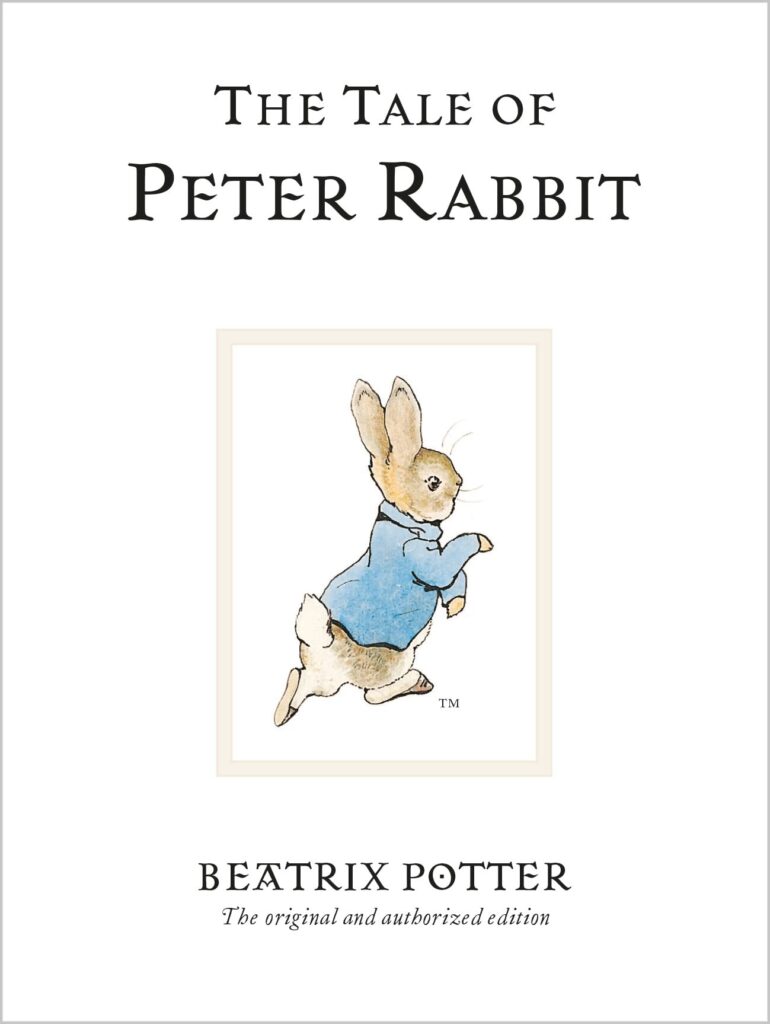
“Nothing sticks in my mind as much as this not quite so well known story of a fierce bad rabbit…And I think what was important about it, to me was it showed me that books could be scary and terrifying, almost unreadable, and yet really exciting at the same time, one of the things that books did for you was upset you. And, I think that that’s quite an important lesson. I think a lot of kids books do that. They’re not cosy, touchy feely books about everything going right. It’s one of the ways you learn learn about disaster, and people doing things that are wrong”
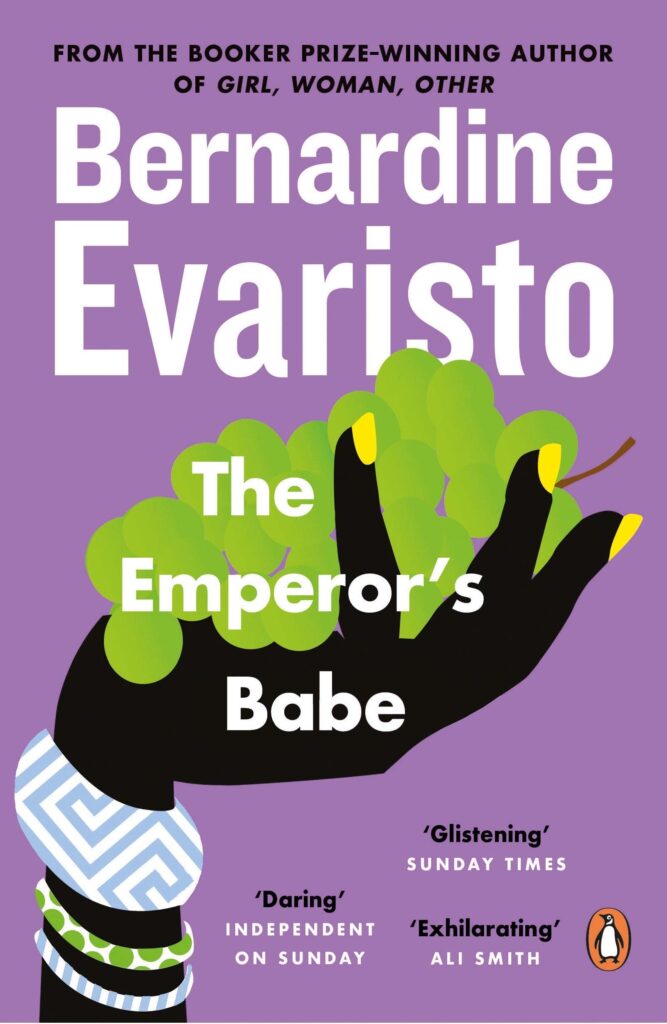
“I was absolutely entranced by the fun of it, by how you could conjure up a world of Roman Britain. That was multicultural, have a feisty female heroine who was married to a slob of a white man, who was overweight and three times her age. And it was about the kind of city life of Roman Britain, they weren’t just reclining in posh villas being waited on by slaves. This was sort of cheek by jowl stuff in Roman London. And it was the first time that I’d read a novel about Roman Britain that made me see what you could do with fiction about the ancient world”
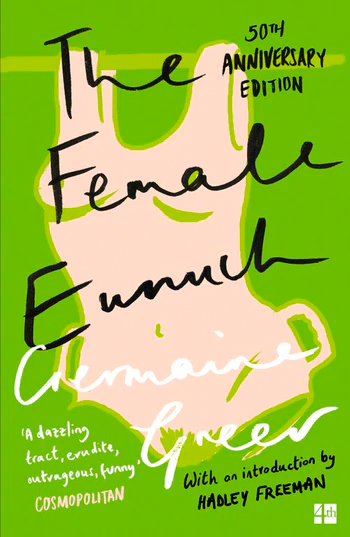
“I haven’t read it for decades. But I remember the impact it had on me and I partly don’t want to go back and read it because I think I could be a bit disappointed now, but I remember the cover of it. It’s still on my bookshelves and I remember it just made me think differently about what it was to be a woman I read a little while before that with some impact but not the same partly because it’s really was quite big and quite French, I’d read Simone de Beauvoir’s The Second Sex, but Greer just was so in your face about what it linked up with your own experience and your own fears and your own sense of self”
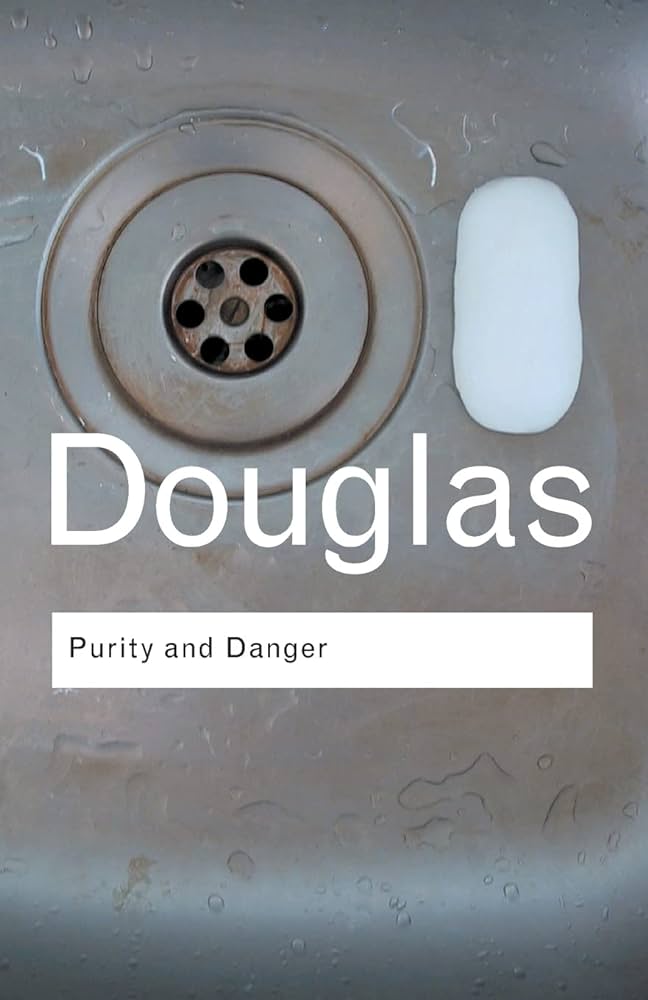
“It was the first proper anthropology book that I ever read. And it made me see that, okay, I was studying the ancient world, but studying the ancient world was about studying the world. And that what people were saying and writing and thinking about in other disciplines could really inform the way I thought about the Greeks and the Romans…But I remember just being struck with her ability to think about some things that I’ve always taken for granted, what does being clean mean? What is purity?”
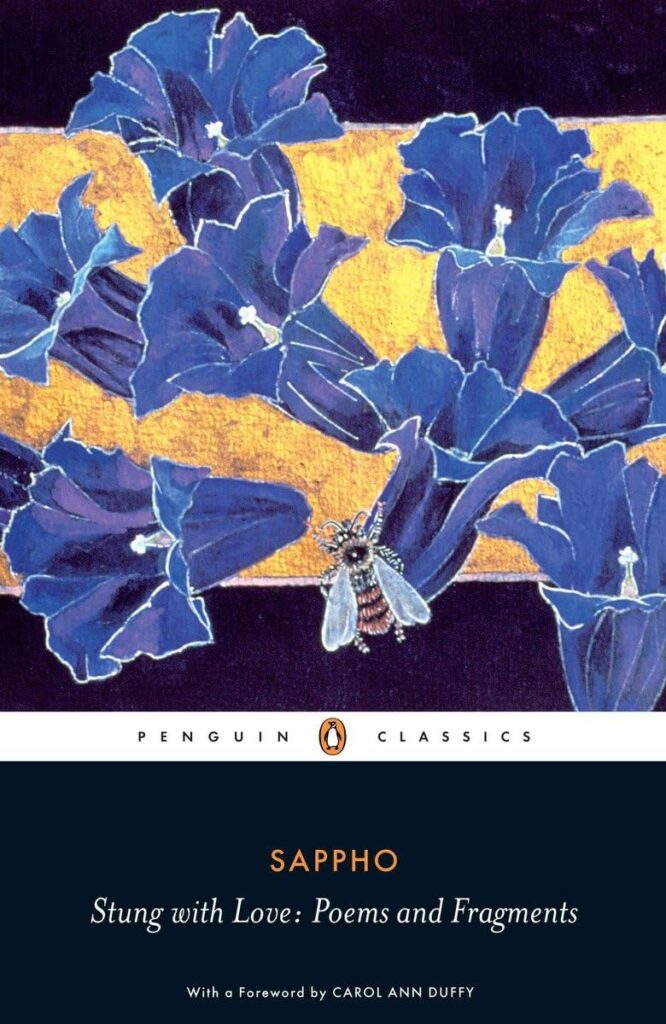
“Well, if you spend your life working on the ancient worlds, you don’t find many women’s writing to read…I think what Sappho was doing, and therefore she’s a beacon for us all, is taking some of these Homeric themes and revealing them to be maybe admirable, in some ways, deeply macho things. What would it be to say, the person you love is more important than a fleet of ships? Well, we can understand that instantly. A lot of people in the world in the Greek world would not have understood that it’s a radical, it’s really, it’s really overturning traditional male ideology”
